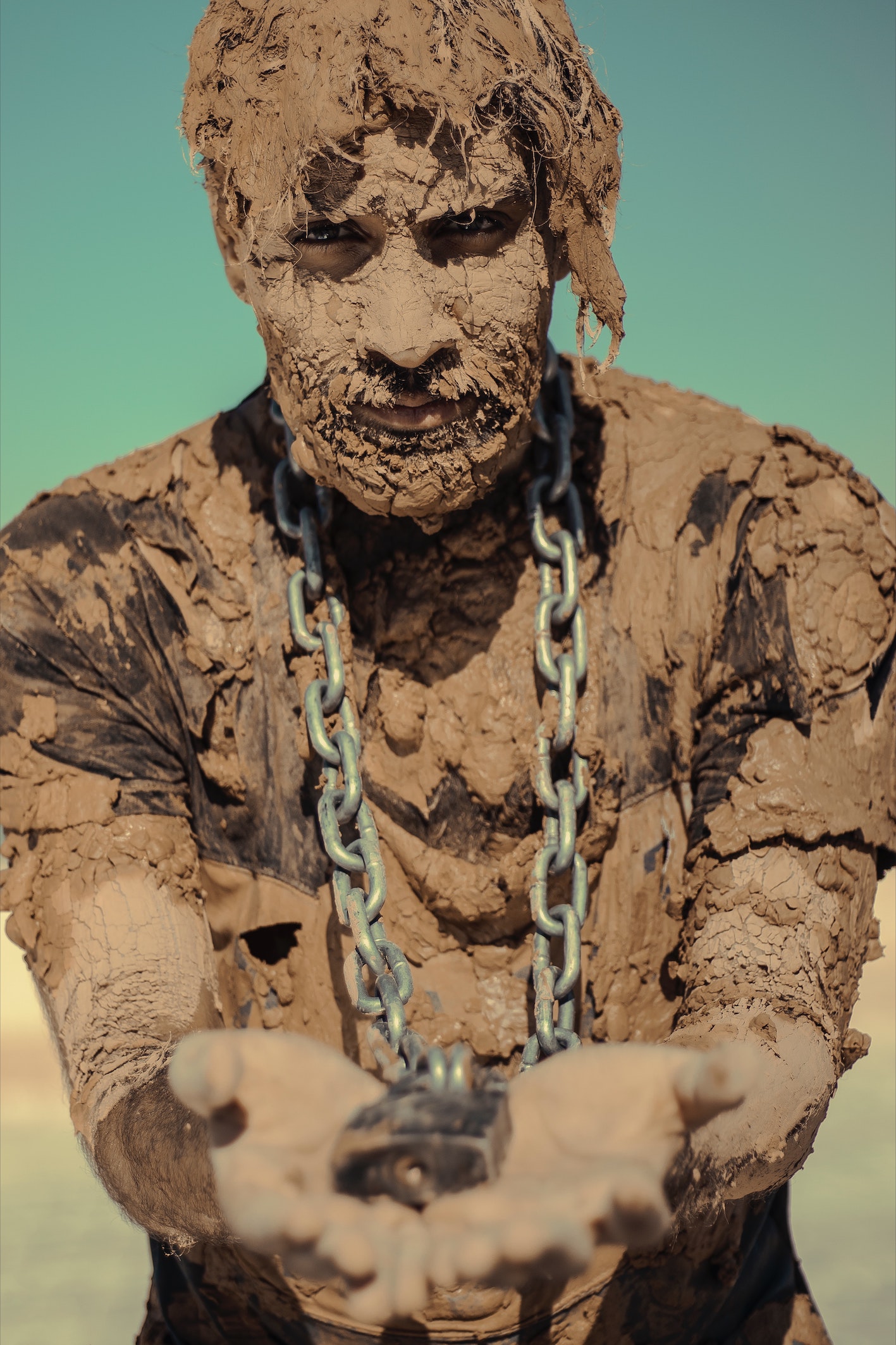
Imagine the time when the Roman Empire was everywhere – it ruled with a rod of iron. They were the other side. Our lives would have been heavily constrained, one foot out of line, a disparaging word against their leadership or ideals and that would be it. Ouch I can hear parallels with certain provinces across the world even today with that. How would we feel like living in such oppression?
In the passage, missed out from this year’s lectionary, Mark 5:1-20 we have the story of Jesus, who met one of the community who others didn’t want to meet. Jesus was fresh from his holiday cruise across the Sea of Galilee – disrupted by the crew who were unsure how to survive an unpredicted storm. Jesus keeps meeting people immediately as he leaves the boat: this man (Mark 5: 1) and then Jairus (Mark 5: 21).
But where are they?
There is some discussion about where they actually are? In each of the Synoptic Gospels there is some discrepancies or differences:
Matthew 8:28 “When he came to the other side, to the country of the Gadarenes, two demoniacs coming out of the tombs met him.”
Mark 5:1 “They came to the other side of the sea, to the country of the Gerasenes.”
Luke 8:26 “Then they arrived at the country of the Gerasenes, which is opposite Galilee.”

Gerasa, Gadara, Gergesa are all possible suggestions. As shown below on the map, Gadara is some way from the lake or Sea of Galilee – a bit far from some stampeding pigs. Further still, off the map but shown here, is Geresa, 37km from the shoreline. Possibly Gergesa could be a viable possibility given its steeper slopes and importantly its proximity to the shore.
A Storm?
There are 6 boat trips within the Gospel of Mark. In this episode there is a storm. Storms are seemingly excellent metaphors. In the Hebrew Scriptures there is some Jewish Irony, passages which show that the Jews can laugh at themselves even in adversity. The Book of Jonah, citing a city which scholars suggest may not even have been standing by then, features a whale large fish. Within the build up to the ‘big swallow’ Jonah is met by a storm – Jonah 1:4.
So why a Madman and a Cemetery?
On the other side of the Sea from Gergasa was Tiberias. This was Herod Antipas‘ capital. It was purportedly built on the site of a Graveyard, further still it was built by the use of coercing Jews. Myers (in Binding the Strong Man) suggests that even the ‘greeting’ given to Jesus (Mark 5:7) where he is ‘son of the Most High God’ is typically attributed to Hellenistic texts. This area, known as the Decapolis, – the ten cities – is a Gentile area where Alexander the Great desired to extend Greek influence and culture into far off lands. Herod and the family also valued this philosophy but mingled it with Jewish customs to placate the locals. Hence in this area, swine were both sacrificed and eaten. It is clearly ‘the other side’ to Mark’s world.
Pigs?
Whenever there is a military invasion or coup we may find some trying to record history in a way that doesn’t make it entirely obvious who are the ‘enemy’. Here Mark may be initially giving the impression that swine are the focus, until we read between the lines. Were they the other side?
The demoniac, the one who isn’t integrated into society, is marginalised, is named. Whereas Jesus often asks those whom he heals not to name him, here he names him Legion. Legion is a Latin term for a division of Roman Soldiers. The pigs are ordered into herds – have we seen herds of pigs? However, in such times, a herd was a term used to describe military recruits (Myers p 191). Jesus dismisses the pigs – a bit like herding cats, I’m not sure pigs would obey an outsider and follow their commands – troops might.

What does this mean?
Jesus has gone to the Other side: the ruling Roman area, and this demon character is the Roman occupational power. Jesus’ actions leads to an expulsion of the demon. The people are initially in rapture to his freedom, but what does this freedom look like, without the military occupiers? Doubts arise. Jesus tells the liberated demon to return to the people and explain of their freedom. One who was marginalised, now less the re-integration.
In previous passages there was the parable of the Mustard tree/shrub/weed/seed. This seed which represented the kin_dom had overcome the enormous tree of the Roman Empire. Here, we have seen the oppressed man has been set free.
Cover photo by Photo by Mahdi Bafande on Unsplash
One thought on “Trips to the other side”
Comments are closed.